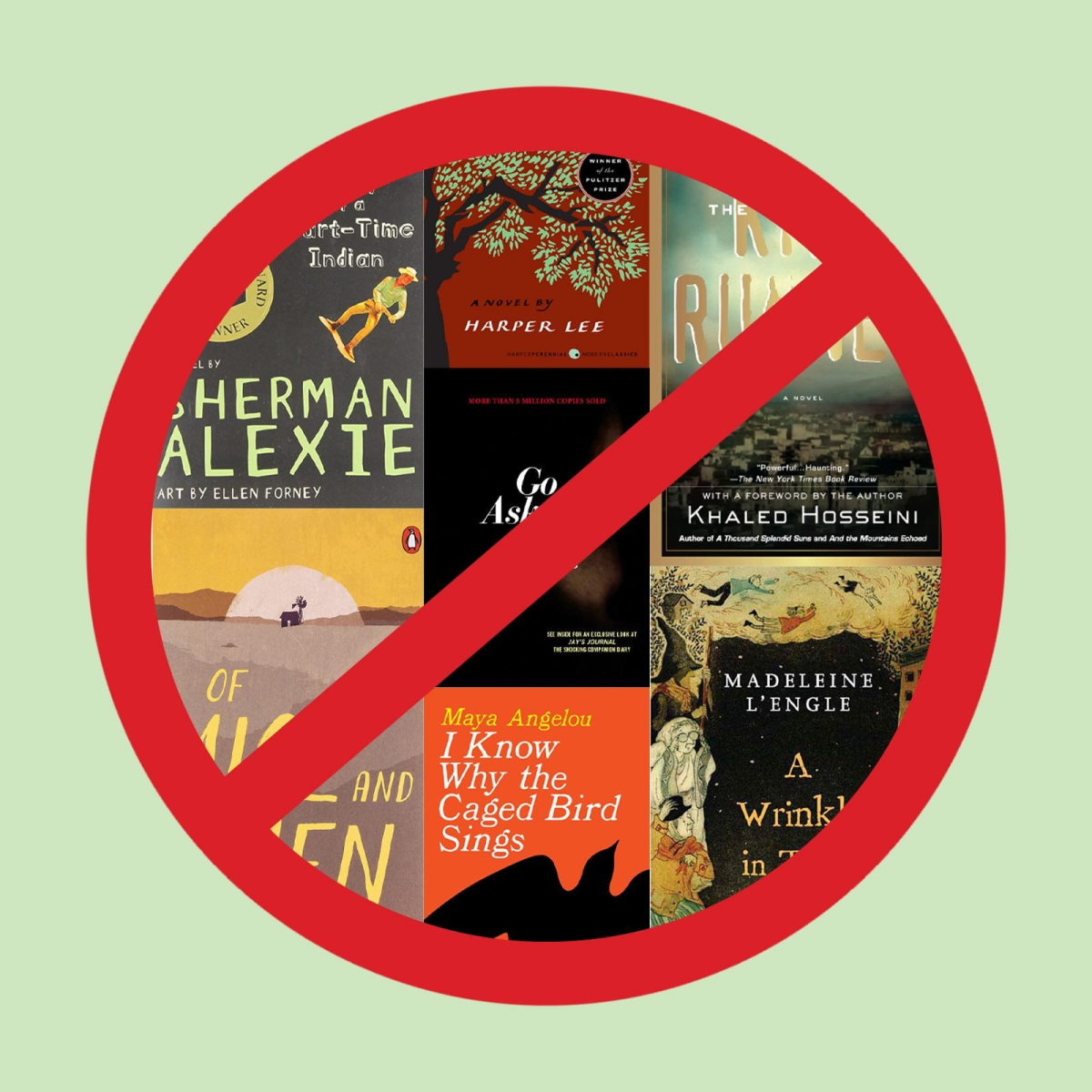As of recently, we have seen an increase in the ban on books. Books that get banned tend to mention LGBTQ, racism, sexism, and other controversial topics. Eliminating these books doesn’t just diminish kids’ exposure to “taboo” topics, it removes learning opportunities and chances to apply critical thinking skills. Trying to snuff out these topics will just lead to more closed-mindedness. This is not what we need right now. Many books being banned have helped people understand the struggles and perspectives of more diverse communities. The state of California had 38 ban attempts covering 78 different titles in 2023 alone. With runners up Pennsylvania [33] and Texas [30]. Some titles include The Hate U Give, To Kill a Mockingbird, The Catcher In the Rye, Gender Queer: A Memoir. If you pay closer attention to what these books are about, they all touch on topics that are debated today in the United States. This poses several issues regarding children and teens’ exposure to disputed topics. Not to mention that now, the book bans are trying to hit scholastic book fairs which is the best way kids find new books. This is where kids can see a whole new variety of books their school may not offer. Some people want to protect their kids, but this is doing the opposite. Luckily, Washington State is not a state with many book bans. Book bans affect the learning of youth on sensitive topics. This doesn’t just lead to close-mindedness, but it also leads to insensitivity towards very sensitive topics. This could include a kid not understanding pronouns or dead names which can offend people. These are important for kids to learn regardless of political views, as it is just extremely disrespectful.
Another effect of book banning is that it can cause kids to lose freedom of thought. These kids may feel as though they are being put into a box, and that they can’t leave this box. Censoring books takes away a key lesson. And that is how to think for yourself. A child should be able to be different without fear of being judged, ridiculed, or punished for it. Freedom of thought is the base of creativity! It may even be called the central nerve of it. Do you think we’d have the arts if we didn’t have freedom of thought? This is also an important social skill. Kids who don’t have this skill tend to have a rough time in social situations, as they feel that they have to match up with everyone else. This can also cause limited exposure to societal issues. This may be a reason why we haven’t seen progression in some of the legal systems. The fear of change is overwhelming– many people fear change as it can bring unwanted consequences. But stopping books from being banned will improve many things. Of course, there are instances when banning books is good. For example, when they intentionally harm a group of people. Book banning feels a tiny bit silly if you really think about it because it keeps these books off of school libraries but not many public ones. Plus, even if it stops kids from reading the books, it doesn’t stop authors from writing them! In the end, do we really need to be banning books? This keeps books that expose people to diverse lifestyles and experiences, out of their reach. Books that these communities need.








